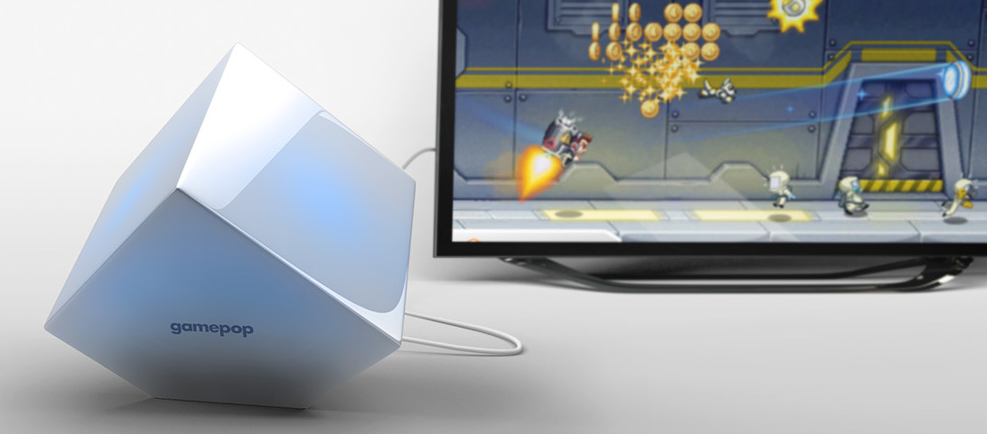The ranks of Android consoles have grown
The company BlueStacks, which announced two weeks ago that the number of users of its eponymous service had reached 10 million, unveiled an Android-based gaming console called Gamepop and a subscription gaming service that comes with it.

BlueStacks is an original company. Just over a year ago, it launched a service that allows users to play Android games on a PC. Its Mac release occurred in June. It’s still too early to call the service a smashing success, but in the first quarter of this year alone, its user base grew by 4.3 million. Buoyed by these six-digit figures, BlueStacks decided to venture further into consoles by announcing a TV set-top box.
The announcement is quite intriguing because it leverages several current trends in the gaming market. First, the very idea of a console that runs on Android is a trend. It's a strange one, and as the experience with Ouya showed, not very successful yet. However, it's clear that this is the future (consoles will gradually shrink in size, mobile devices will catch up in power, and perhaps in about ten years, a mobile phone will become a console dock, requiring only a gamepad and a television for play).

Second, subscription. A player does not buy games; they purchase a subscription for a certain period and download anything they are interested in. Currently, subscriptions are one of the most profitable ways to earn money from mobile content. The issue is that it is also one of the least widespread monetization methods.
Third, in distributing the BlueStacks console, they adopted the mobile operator model for selling devices: you buy a game subscription, and the console is given free of charge.
Each of these trends is relevant, but the question is whether they will all work together effectively.
The mentioned subscription fee is $6.99 per month. By subscribing, users will get the device, controller, and access to all the products in the "game library" (BlueStacks claims that the database currently contains about 500 games). However, the console will remain conditionally free only until the end of May.
BlueStacks has already signed distribution agreements with Glu Mobile, Halfbrick, and OutFit 7. Yes, game developers will receive full revenue from IAPs, while the earnings from the subscription will be calculated based on "demand," meaning the actual use of specific games, and split equally between the developers and BlueStacks.